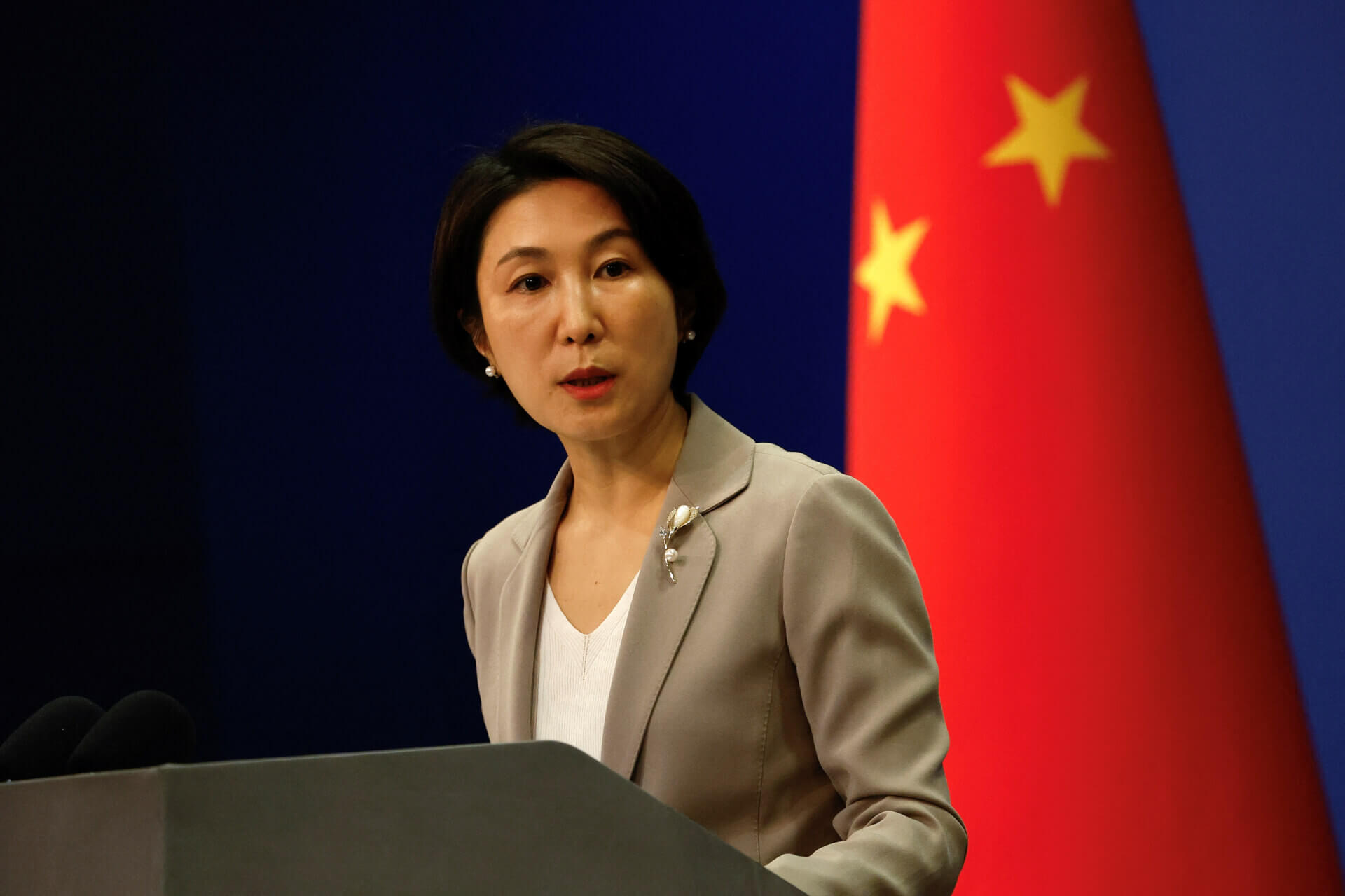China has asserted that the US’ tightening control over chip export to the Asian superpower and the strengthening of curbs on its semiconductor companies constituted “economic bullying.”
Comments from China
During her press briefing on Monday, Chinese Foreign Ministry spokesperson Mao Ning said that the US has been “going after China’s semiconductor industry in the name of national security,” which is “out-and-out economic bullying.”
Mao said the semiconductor export controls “amount to discriminatory practices that violate the most-favoured-nation principle.”
“Blacklisting China’s telecom equipment companies and prohibiting Chinese-made telecom equipment from entering the US market in the name of protecting cyber security violate the principle of general elimination of quantitative restrictions,” she stressed.
“Despite its rhetorical emphasis on international rules, the US habitually ignores and breaks existing rules,” Mao added.
The spokesperson said that although the US “uses national security as a pretext to restrict chip export to China,” the measures “clearly go beyond the realm of national security,” as they have also “gravely hindered the normal trade of ordinary chips for civilian use.”
Mao cited the example of the Nvidia RTX 4090, which is a graphics card for video game enthusiasts, but the company was forced to take the product off the Chinese market due to US export controls.
She added that the US has been asking other countries to join its curbs on Chinese companies. “This has nothing to do with security. This is pure economic coercion,” she stated.
The US’ hegemonic and bullying practices seriously violate international trade rules, undermine the global semiconductor industry structure, and hurt the security and stability of the international industrial and supply chains. It will surely boomerang. pic.twitter.com/6boPruM6lp
— Spokesperson发言人办公室 (@MFA_China) January 2, 2024
Mao said such moves pointed to the fact that the US “is going after Chinese chip industry neither for national security reasons nor as part of a legitimate competition.”
She added that such “unilateral bullying without principles or bottom lines… denies emerging markets and developing countries the right to a better life for their people.”
Such behaviour by the US “is taking a serious toll on the stability of the global industrial and supply chains [...] and poisons the atmosphere for international cooperation and fuels division and confrontation,” the spokesperson claimed.
She concluded by warning that the “selfish move will inevitably backfire.”
US Ban
In December, a US congressional committee issued an extensive list of bipartisan recommendations to help reset the Western superpower’s economic ties with China. The committee said that these goals for 2024 would prevent the US from becoming China’s “economic vassal.”
It also directed the Commerce Department to impose import duties on Chinese semiconductors, requiring the Federal Reserve to stress-test American banks’ ability to withstand a potential loss of market access to China, and restricting US federal agencies from buying Chinese-made drones.

